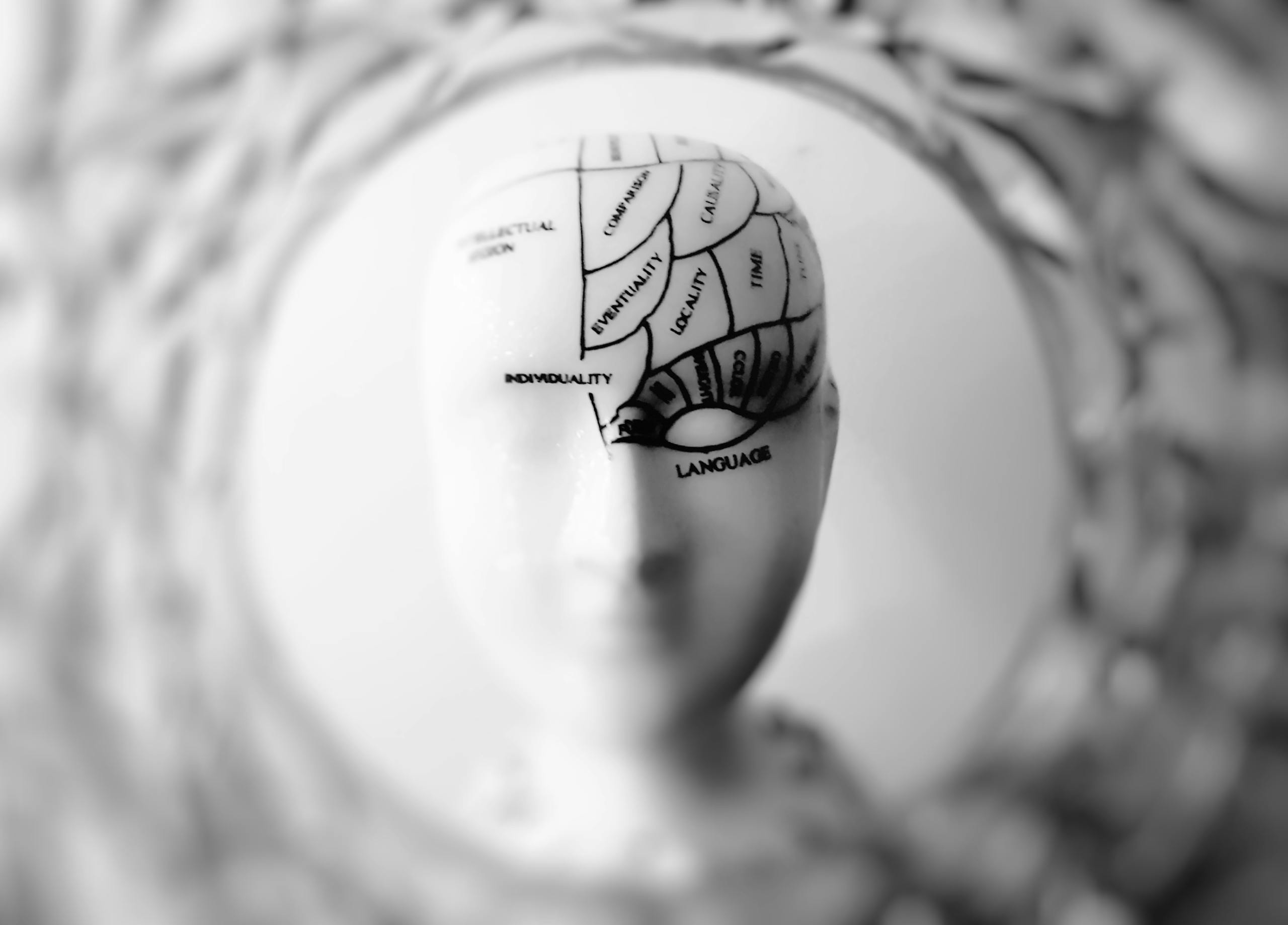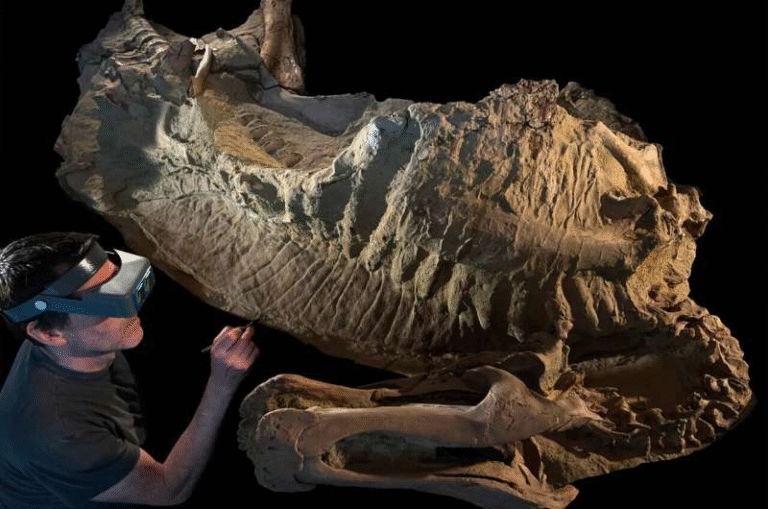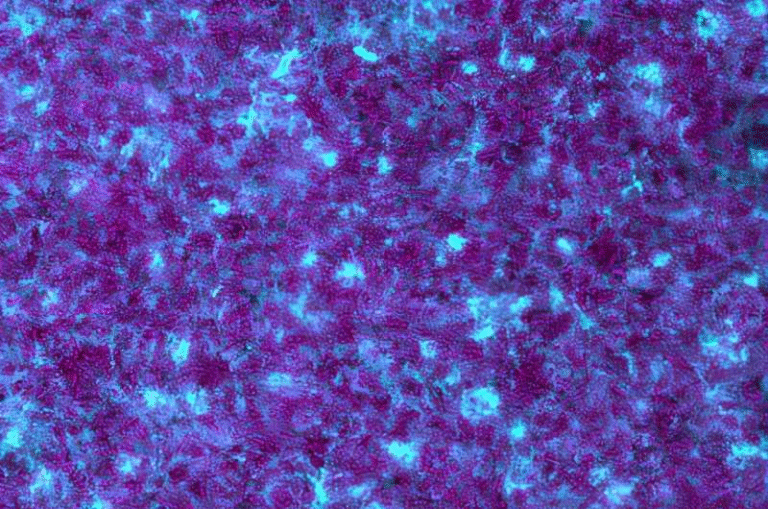Scientists Identify “Meal Memory” Neurons That Regulate When and How Much We Eat

A new study has uncovered a fascinating type of brain cell that may explain why we sometimes eat again even when we shouldn’t be hungry. These specialized neurons, found in the ventral hippocampus of rats, appear to store memories of our meals—what we ate, when we ate, and where we ate. Scientists are calling them “meal memory” neurons, and their discovery could reshape how we think about eating habits, overeating, and weight control.
The research, published in Nature Communications in June 2025, was led by neuroscientists at the University of Southern California’s Dornsife College of Letters, Arts and Sciences, including Professor Scott Kanoski and Dr. Léa Décarie-Spain. Their work shows that eating isn’t just controlled by hunger hormones or cravings—it’s also strongly tied to how our brain remembers previous meals.
What Exactly Are “Meal Memory” Neurons?
Inside the brain’s ventral hippocampus—a region known for memory and emotional processing—scientists identified a unique population of neurons that activate during specific moments of eating. These cells don’t just record a meal as a generic event; they encode detailed information about what was eaten and when it happened.
These neurons create what researchers call “meal engrams.” An engram is the physical trace of a memory in the brain—a network of neurons that light up together when an experience is formed and recalled. In this case, the engram doesn’t just capture a memory of any experience, but a specific eating episode.
What’s special here is that this is the first evidence of memory traces linked specifically to eating events. While neuroscientists have long known that the hippocampus helps us remember places and experiences, this discovery shows that it also keeps a biological record of our meals, possibly to prevent overeating later on.
How the Study Was Conducted
To uncover these neurons, researchers conducted experiments on laboratory rats. Using advanced imaging tools—specifically, calcium-based activity recording (GCaMP7s)—they monitored brain activity in real time while the rats ate after a 24-hour fast.
The results showed a distinct pattern:
- During active eating (when the rats were taking bites), hippocampal activity dropped.
- But during short pauses between bites, the neurons suddenly became active.
These brief pauses, when the animal stopped chewing and surveyed its surroundings, were critical. The researchers found that the spikes in neural activity during these pauses correlated with how well the rats later remembered where and when they had eaten.
In simple terms, the brain uses these mini-breaks between bites to log meal details into memory.
The study also identified that these meal memory neurons send signals to another brain region, the lateral hypothalamus—a well-known center for regulating hunger and food intake. This hippocampus-to-hypothalamus communication appears to be key for linking meal memories with future eating behavior.
What Happened When These Neurons Were Disrupted
To test how vital these neurons are, scientists selectively destroyed them in some rats. The effects were striking:
- The rats forgot where their previous meals took place.
- They started eating more often, with shorter breaks between meals.
- Their ability to remember other spatial information—like locations unrelated to food—remained perfectly fine.
This showed that the neurons were not just general memory cells, but were specialized for meal-related memories.
Researchers also blocked the communication between the hippocampus and the hypothalamus. When that link was disrupted, the rats once again began overeating and lost their memory of previous meal locations.
Interestingly, when the scientists examined the molecular profile of these neurons, they found that they were rich in serotonin 2A receptors (5-HT2A)—proteins involved in regulating mood, perception, and appetite. This detail could open doors to new treatments for overeating by targeting this receptor system.
The Implications: Memory, Hunger, and Overeating
The idea that memory influences eating behavior is not entirely new, but this study gives it powerful scientific backing. We often think of hunger as a simple biological signal—your stomach empties, hormones like ghrelin rise, and your brain says “eat.” But the hippocampus adds another layer: it remembers your last meal and helps determine whether you truly need to eat again.
If this “meal memory” system isn’t functioning well—whether due to distraction, aging, brain injury, or diseases like Alzheimer’s—your brain may fail to register that you’ve already eaten. As a result, you might feel hungry again sooner, even if your body has enough fuel.
That’s why people who eat while distracted—for example, watching TV or scrolling on their phones—may be more prone to overeating. When your attention is elsewhere, your brain doesn’t fully encode the meal experience, leading to weaker meal memories.
This also helps explain why individuals with memory impairments—such as dementia patients—sometimes eat multiple meals in quick succession. They simply can’t recall that they’ve already eaten.
What This Means for Weight Management
Current strategies to control overeating often focus on restricting calories or boosting physical activity. But the findings from this research suggest a new perspective: strengthening meal memory might be just as important.
If future treatments can enhance the brain’s ability to record meal-related memories—or prevent their disruption—we might be able to help people naturally regulate their food intake without relying solely on willpower or dieting.
Mindful eating practices, which encourage paying close attention to your food and eating environment, could be one way to naturally reinforce these “meal memory” circuits. The science now gives a neurological explanation for why such practices may work: they help the hippocampus properly catalog your eating experience.
Why the Ventral Hippocampus Matters
The hippocampus is often described as the brain’s memory hub. It helps store information about experiences, places, and contexts. But it’s divided into regions with different functions.
- The dorsal hippocampus is more involved in spatial navigation—knowing where you are in a physical environment.
- The ventral hippocampus, on the other hand, is linked to emotion, motivation, and food-related behavior.
In this study, all the meal-related neural activity occurred in the ventral hippocampus, showing that this region doesn’t just process emotions or stress—it also plays a role in regulating when and how much we eat.
The Role of the Lateral Hypothalamus
The lateral hypothalamus (LHA) has long been recognized as a hunger control center. It receives signals about energy balance, hormones, and now, as this study shows, memory input from the hippocampus.
When the communication between these two regions was interrupted, the rats’ eating behavior changed dramatically—they began overeating and forgetting meal locations.
This means that hunger isn’t just a “gut-to-brain” issue; it’s also a brain-to-brain dialogue. Your hippocampus remembers that you just had lunch, and it tells your hypothalamus to hold off on sending hunger signals. If that message doesn’t get through, you’re more likely to eat again too soon.
How This Fits Into Previous Research
Earlier studies had already hinted that the hippocampus influences eating. For example, when scientists temporarily inhibited hippocampal activity after a meal in rats, the animals started eating again sooner. People with hippocampal damage have also been observed to eat multiple meals in short periods.
However, what sets this new research apart is the specificity of the discovery. Instead of just showing that the hippocampus plays a role, it identifies the exact neurons responsible, maps their communication network, and even reveals their chemical signature (5-HT2A receptors).
This level of detail transforms what was once a vague connection between memory and eating into a precisely defined neural mechanism.
Potential Future Directions
The researchers emphasize that these findings were made in rats, so there’s more work to be done before applying them directly to humans. Still, the implications are huge.
Future studies could:
- Investigate whether similar neurons exist in humans and how they behave during eating.
- Explore gender differences, since this study focused only on male rats.
- Examine how aging, dementia, or brain injuries affect these circuits.
- Test whether enhancing meal memory through behavior, drugs, or brain stimulation could reduce overeating.
If confirmed in humans, this research could lead to an entirely new way of managing obesity and eating disorders—by focusing on the cognitive and memory aspects of eating, not just the physical hunger signals.
A New Understanding of Why We Eat
This discovery adds an important piece to the puzzle of eating behavior. It suggests that eating isn’t driven by hunger alone—it’s guided by a memory system designed to prevent us from overloading on food.
When that memory system works properly, we remember our last meal and wait until it’s truly time to eat again. When it falters—due to distraction, stress, or cognitive decline—the result can be overeating.
So, the next time you sit down to eat, remember: your brain is not just tasting the food—it’s recording the meal. And how well it does that could influence your next one.
Research Reference:
Ventral hippocampus neurons encode meal-related memory – Nature Communications (June 11, 2025)




